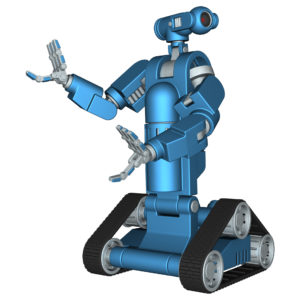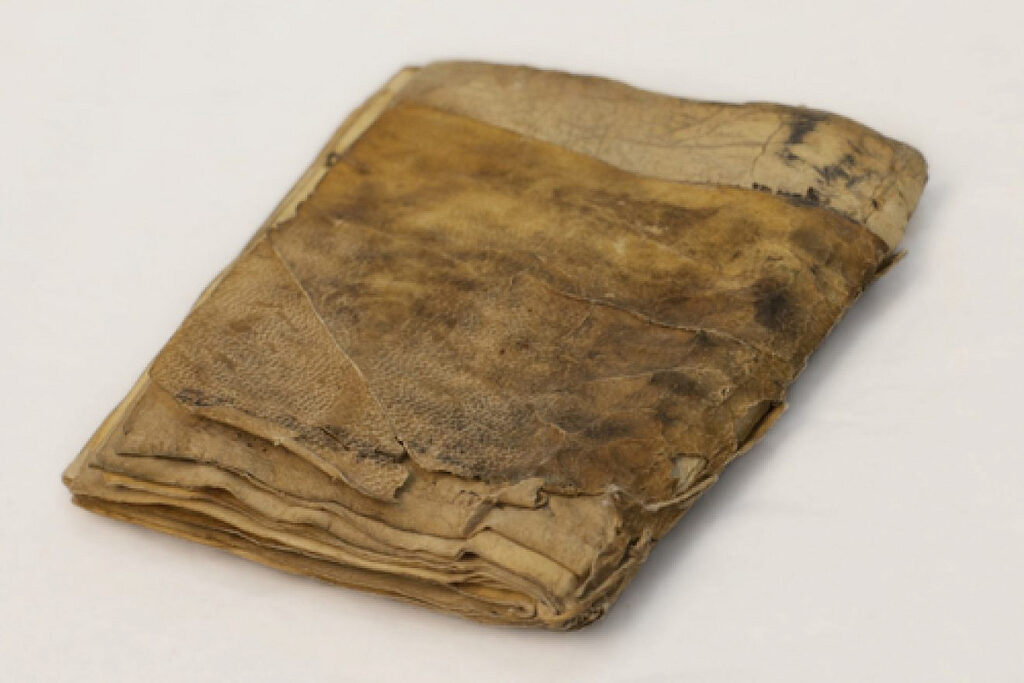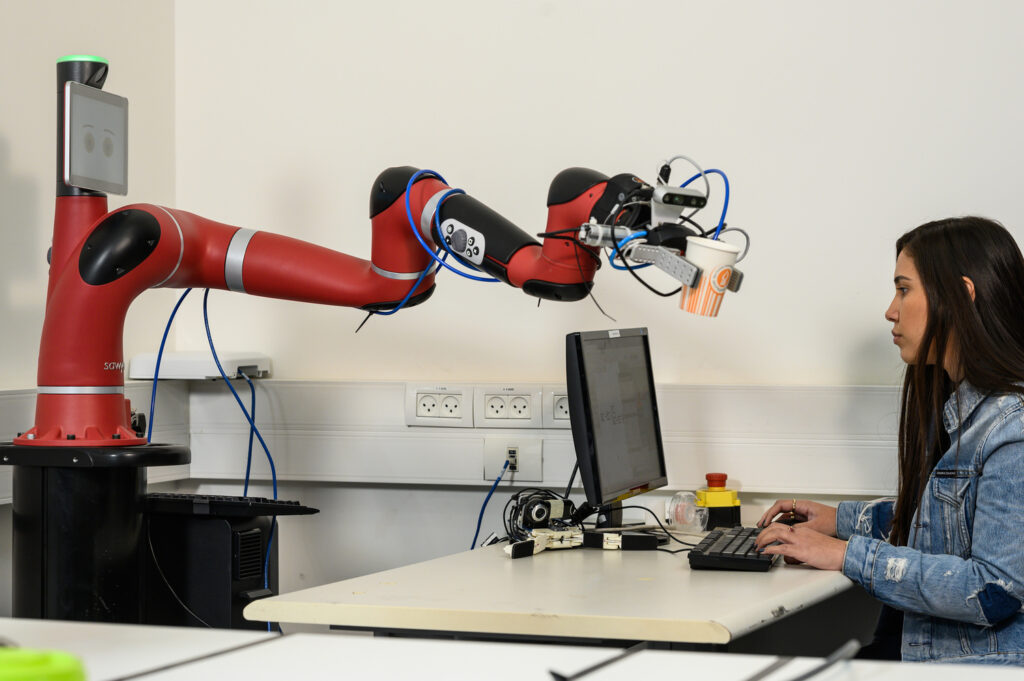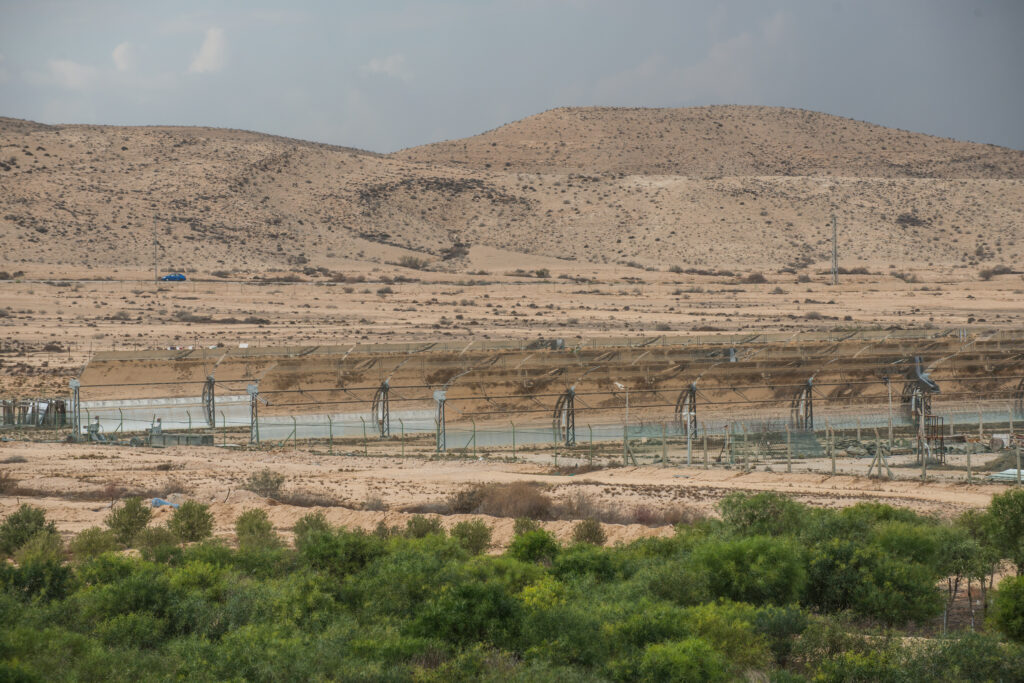
BGU Receives Grant for Robotics to Assist Elderly
BGU Receives Grant for Robotics to Assist Elderly
May 7, 2015
Press Releases, Robotics & High-Tech
BGU researchers received a grant for a project to advance assistive robotics that will help the elderly complete everyday tasks.
The goal of the project, “Follow Me: Proxemics and Responsiveness for Following Tasks in Adaptive Assistive Robotics,” is to advance “robotic adaptive person-following” algorithms (APFA) to include concepts from human-human interaction.
The aim is to develop robots that are highly individualized to the special needs of each elderly user. It will focus on improving older users’ well being and generate guidelines for future users’ attentive robotic assistants.
The algorithms will include social factors and will adjust to user pace, abilities and actions while taking into account the characteristics of the environment and the task, as well. The project’s final outcomes will include guidelines for future implementations of the technology and demonstrations.
“While most person-following algorithms focus on the effectiveness and efficiency of the robot, what is unique about our approach is that we focus on the effectiveness of the human-robot interaction by introducing constructs related to proximity in human-human interaction,” says Dr. Tal Oron-Gilad,” a researcher in BGU’s Department of Industrial Engineering and Management.
In other words, the robots’ behavior will be modeled on how humans interact with each other.
Person-following is an important aspect in assistive robotic applications but, at the same time, is a complex problem to solve. Robotic platforms should move efficiently and have enough power to carry objects. But the people that they need to follow vary in their mobility and the way they walk.
The human-robot system must adapt to the individual and be able to maintain the appropriate distance and responsiveness, especially for older users who may be more vulnerable and less technology savvy.
“Robots can assist the elderly in everyday tasks as they seek to age independently,” Oron-Gilad says. “Nevertheless, the introduction of assistive robotics into seniors’ daily life will be dependent upon user acceptance, satisfaction and affordability.”
Oron-Gilad and Dr. Idit Shalev, Department of Education, received the grant from Israel’s Ministry of Science, Technology and Space’s Science for the Benefit of Senior Citizens Program.
ABOUT AMERICANS FOR BEN-GURION UNIVERSITY
By supporting a world-class academic institution that not only nurtures the Negev, but also shares its expertise locally and globally, Americans for Ben-Gurion University engages a community of Americans who are committed to improving the world. David Ben-Gurion envisioned that Israel’s future would be forged in the Negev. The cutting-edge research carried out at Ben-Gurion University drives that vision by sustaining a desert Silicon Valley, with the “Stanford of the Negev” at its center. The Americans for Ben-Gurion University movement supports a 21st century unifying vision for Israel by rallying around BGU’s remarkable work and role as an apolitical beacon of light in the Negev desert.
About Ben-Gurion University of the Negev
Ben-Gurion University of the Negev embraces the endless potential we have as individuals and as a commonality to adapt and to thrive in changing environments. Inspired by our location in the desert, we aim to discover, to create, and to develop solutions to dynamic challenges, to pose questions that have yet to be asked, and to push beyond the boundaries of the commonly accepted and possible.
We are proud to be a central force for inclusion, diversity and innovation in Israel, and we strive to extend the Negev’s potential and our entrepreneurial spirit throughout the world. For example, the multi-disciplinary School for Sustainability and Climate Change at BGU leverages over 50 years of expertise on living and thriving in the desert into scalable solutions for people everywhere.
BGU at a glance:
20,000 students | 800 senior faculty | 3 campuses | 6 faculties: humanities & social sciences, health sciences, engineering sciences, natural sciences, business & management, and desert research.
For all press inquiries, please contact:
James Fattal, J Cubed Communications
516.289.1496




